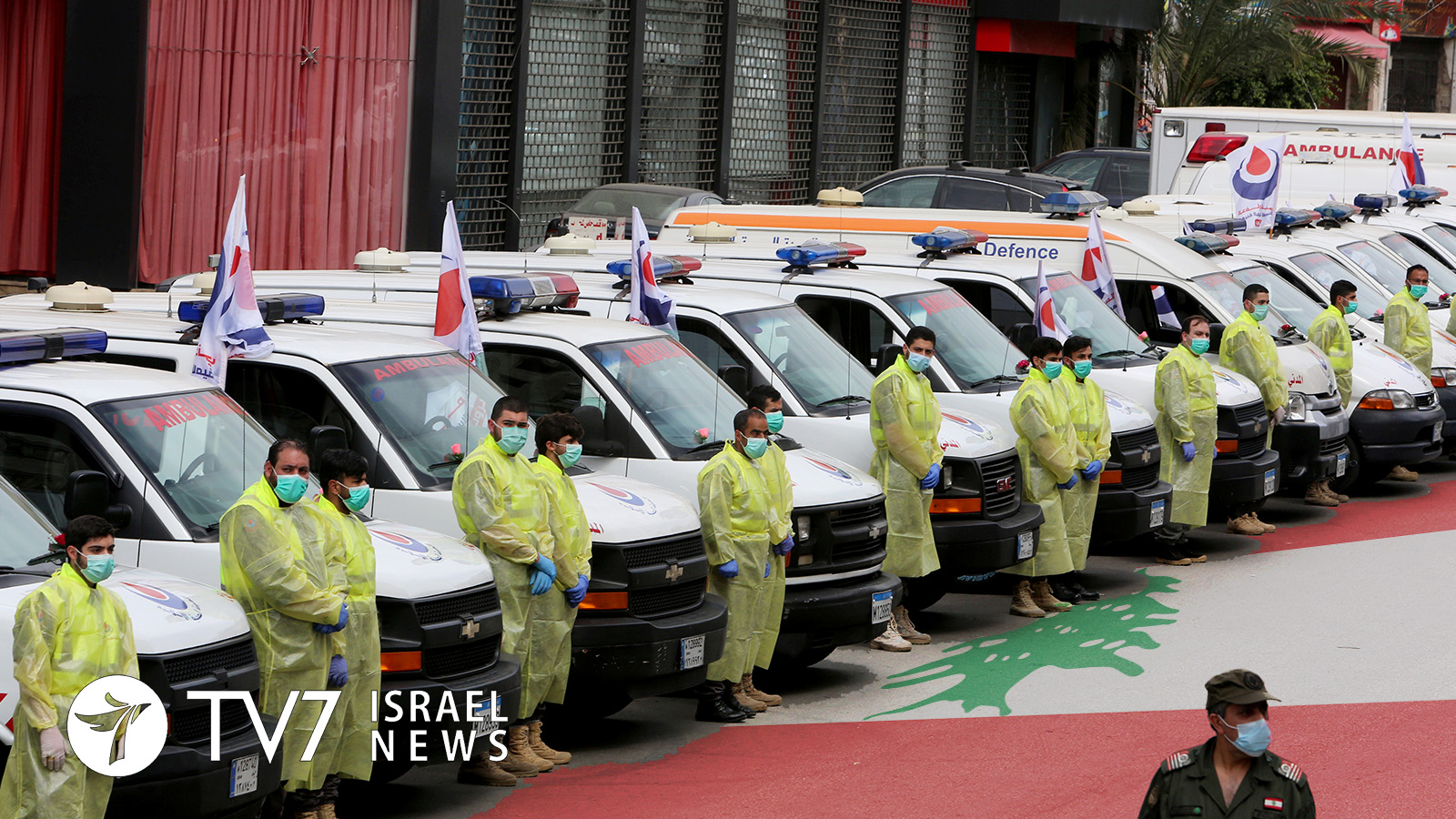The government-imposed coronavirus lockdown across Lebanon is further crippling the nation once referred to “Switzerland of the Mediterranean,” and already long experiencing severe economic and social distress.
The fragile government in Beirut, under the leadership of Hezbollah-backed Prime Minister Hassan Diab, is seemingly making every effort to mitigate spread of the contagion. Lawmakers were reluctantly forced to extend the state of emergency initially enacted on 26 March, which includes overnight curfews and public movement limited to the sole purpose of purchasing vital commodities.
Lebanese Information Minister Manal Abdel Samad announced that the shutdown that had been due to expire on 12 April will instead remain in effect until midnight on Sunday, 26 April.
While the number of corona-related cases is relatively low, with only 641 Lebanese nationals diagnosed as confirmed carriers, there has been a lag in daily testing. The country’s coronavirus mortality rate is 21, and 81 are said to have completely recovered.
The main challenge facing Lebanon pertains to the import of vital commodities such as food and medicine.
“In addition to the difficulties we already had concerning currency insurance and exchange rate, we now have more difficulties because of the corona (virus) problem,” said Lebanese food importer Hani Bohsali. “The global pace changed. Some factories are working at half their capacities, other factories closed. Some countries reduced their export productions. We are facing many things at different levels,” he explained.
